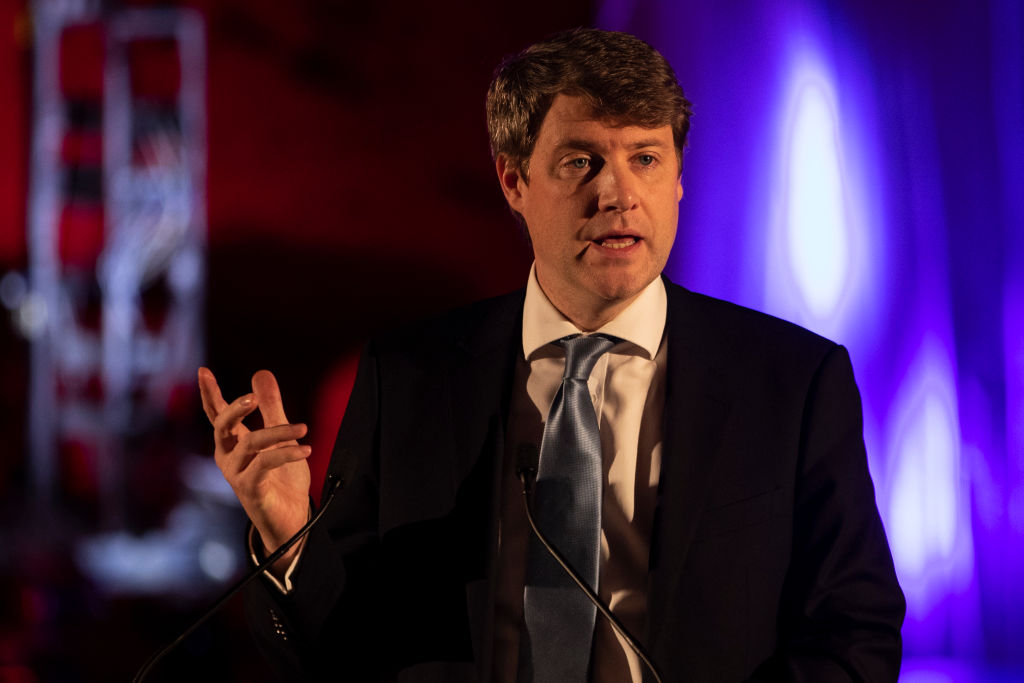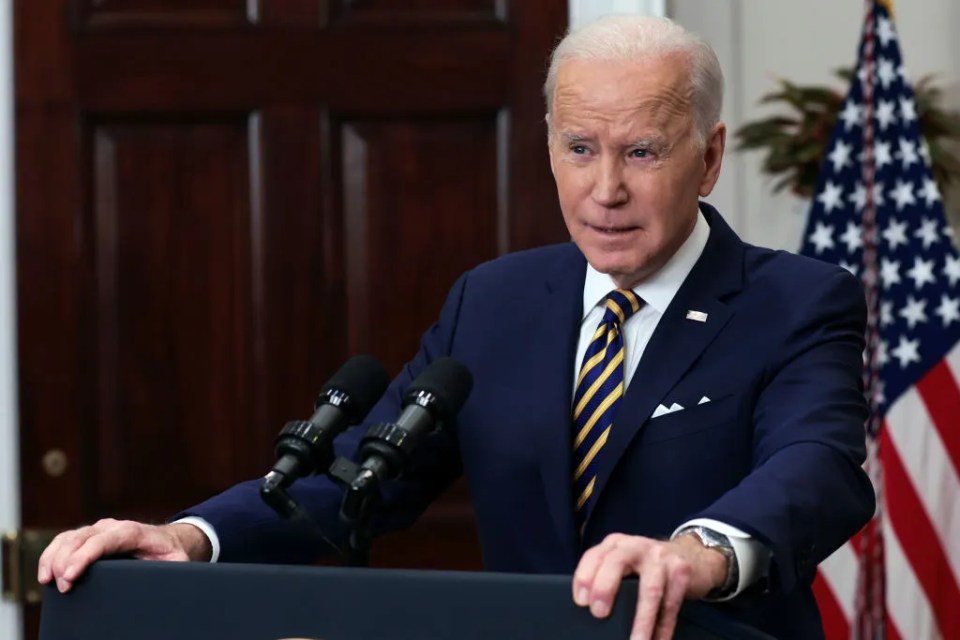UK risks falling behind in global net zero race if it lowers green ambitions, ex climate minister Skidmore warns

The UK risks falling behind rival countries in the “international net zero race” if it lowers its ambitions to reach carbon neutrality and boost clean energy projects, argued a leading green Conservative MP.
Former climate minister Chris Skidmore, who signed the government’s net zero target into law during his stint on the frontbench, argued that that carbon neutrality was now a vital energy security and investment goal as well as an environmental target.
He believed targeting net zero would help boost the UK’s plans to slash its reliance on overseas suppliers following Russia’s invasion of Ukraine, with Downing Street targeting a vast ramp-up of domestic renewable power over the coming decades as part of its energy security strategy.
Skidmore said: “It is no longer an environmental policy tool, but a policy tool for energy security – with renewables and green power providing nations with an opportunity to get out of gas prices and their reliance on foreign petrostates.”
This meant net zero was the only “feasible” path for the UK as it looks to recover from the pandemic, grow its economy, and compete with rival countries for inward investment.
“We’ve got to be able to challenge head on this corrosive narratives that somehow suggests that it will make us colder and poorer, it is going to make us warmer and richer. Let’s demonstrate it’s not just taxpayer money that’s going be funding net zero, but it’s going to be private investment companies that will be making that investment because they see the attractive rates of return in renewable economics,” he explained.

If the country failed to embrace the opportunity – Skidmore believed investment would simply go elsewhere, with other competing economies increasingly tuned into green energy projects and renewable agendas.
This was reflected by last year’s passing of the US Inflation Reduction Act, which threatens to lure European green energy projects Stateside under subsidies and tax cuts.
The bill will raise $738bn, which includes $391bn of committed spending on clean energy – making it the largest piece of federal legislation ever to address climate change.
Skidmore argued: “There are are two divergent pathways on offer in the UK. One is the net zero pathway, where we continue to demonstrate policy certainties as a government. This is where can access up to a trillion pounds worth of inward investment and international investment, where we can access potentially the creation of 400,000 new jobs by 2035 – across a range of net zero technologies.
“Or there is the ‘not zero’ path, and that is a pathway that simply isn’t feasible anymore. Even if some politicians might wish it be. The not zero pathway will lead to a divestment of investments that can simply now go elsewhere. It can go to Germany, France or the US, because these countries are now providing long term policy, certainty and stability.”
Net zero defence follows Skidmore report
Skidmore was speaking at International Energy Week, a London based conference which was targeted by climate protestors – with BP boss Bernard Looney also speaking that day.
Earlier this year, Skidmore published the The Net Zero Review – which warned the UK risks missing the target due to a lack of government ambition.
The report, commissioned under the Liz Truss government to make the business case for reaching the climate target, labelled net zero as “as the growth opportunity of the 21st century” – but feared that the UK risked losing green jobs, infrastructure and investments to other countries.
Andy Mayer, energy analyst at free market think tank, the Institute of Economic Affairs, told City A.M. Skidmore was presenting “a false choice between ‘net zero’ and ‘not zero’, as though the only alternative to wasting billions on future Britishvolt schemes is doing nothing.”
He was sceptical over future government steering of energy projects to hit arbitrary targets, and argued it would be more effective for them to establish competitive carbon markets and low taxes as a way to boost geeen energy project.
Mayer said: “He’s right that private investors flock to markets with stable, predictable policies, but that’s not the same thing as taxpayer-backed eco-bribes or what our Net Zero politics have delivered. Just high taxes and endless tinkering. We have created a shopping mall for others to sell us their climate solutions, not an export hub for green growth.
“The alternative path requires our politicians to keep our taxes and regulations stable, low, and competitive, while making it easier to invent, innovate and commercialise new solutions by getting out of the way.”